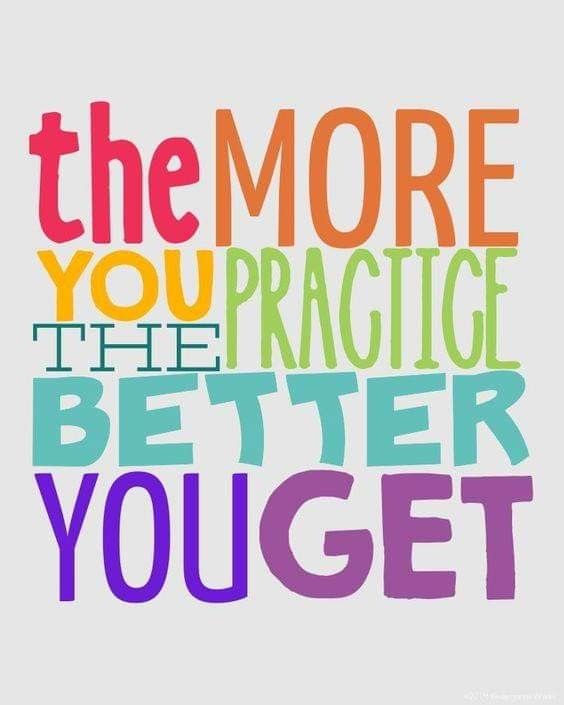Have you ever noticed how some people can describe a simple, everyday event and make it sound hilarious or tragic or just plain interesting, while another person can tell the same story and have you snoring with boredom in an instant?
If the language you use to tell a story is vivid and fresh even a familiar experience or idea can come to life, but if you’re talking in overused, predictable phrases—in other words, if you’re using clichés—the most exciting story can become dull. It’s all in the words you choose.
People often speak in clichés
Clichés are familiar phrases that have become an acceptable shorthand way of expressing an idea: “Time flies!” “Love is blind.” “He’s full of hot air.” “You can count on me.” On the plus side, everyone understands what you mean. But these phrases are so familiar and overused they’ve lost their emotional impact. The result is bland, forgettable language. For example, here’s a description of a workday that’s filled with clichés.
- I got up on the wrong side of the bed this morning. My cup of coffee tasted like mud. On the bus, people were packed like sardines. My boss was hopping mad when I got to work late. The day seemed to drag on and on. I thought six o’clock would never come!
While this paragraph gives you an idea of what the speaker’s day was like, it doesn’t make you feel the boredom and frustration. Familiar phrases such as “packed like sardines,” “hopping mad” and “seemed to drag on and on” have been used so many times listeners no longer picture the images, experience the sensation, or notice the comparison; they don’t feel the crush of bodies on the bus or picture the boss hopping up and down in anger. In fact, listeners barely even hear clichés at all. They’re wasted space in your song unless you do something to change that.
Give your clichés new life.
1. Use a fresh or unexpected comparison
Comparisons are a great way to add energy to a description. There was a time when “packed like sardines” was vivid, fresh, and funny. Listeners really pictured it when they heard it and it made them react. Eventually, so many people liked it and used it that the idea became stale and listeners stopped reacting.




